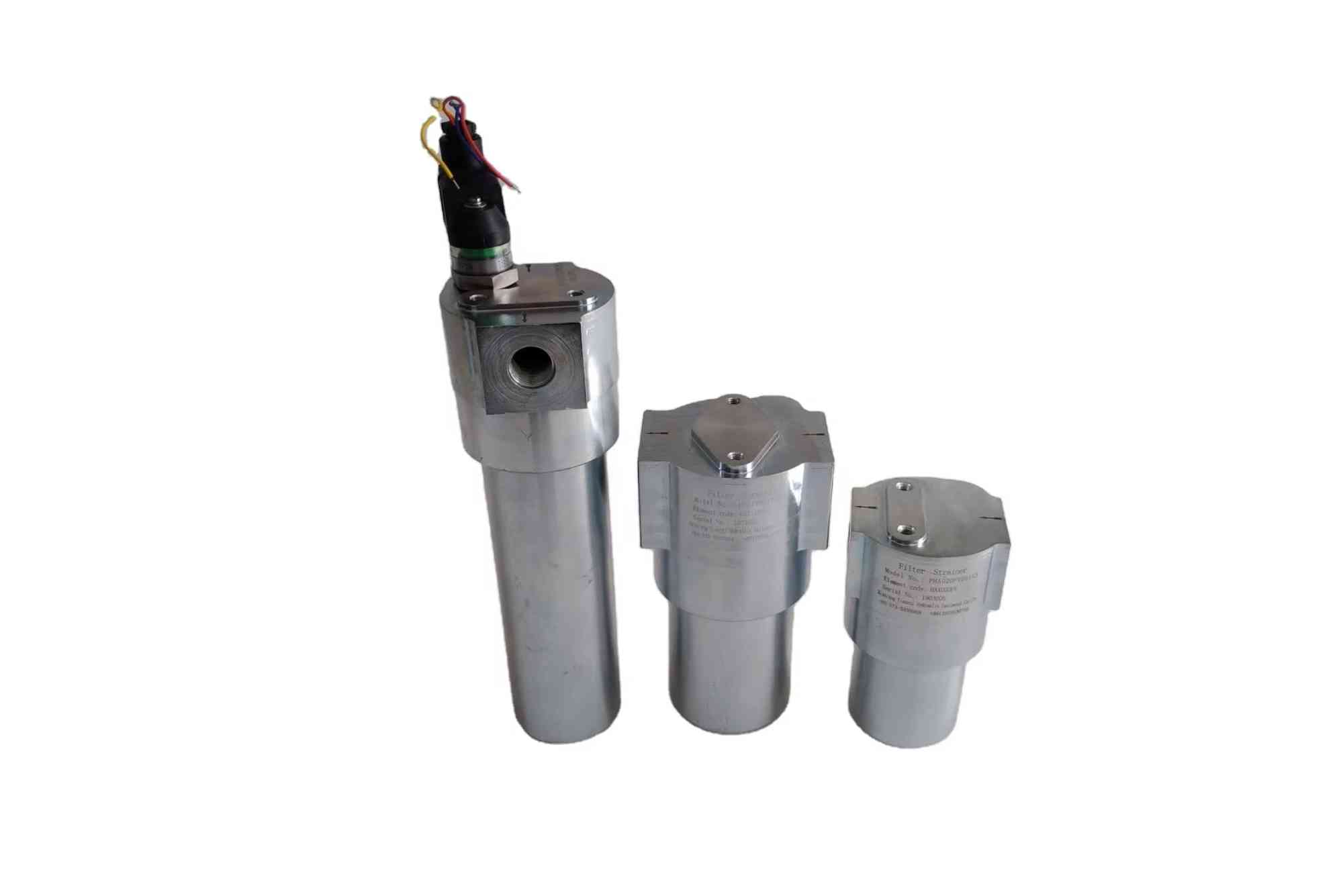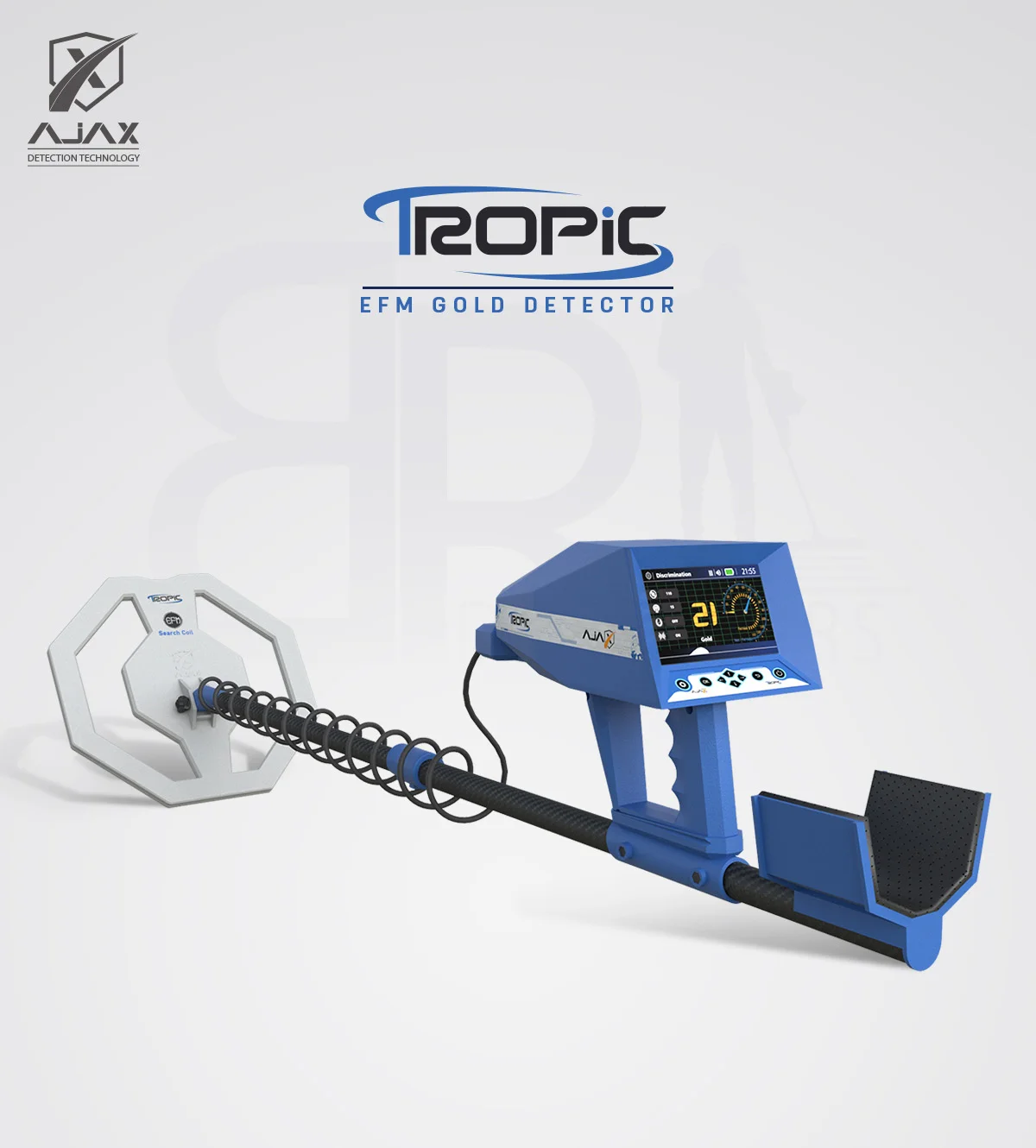Oil Filter Compactor: How It Works and Why It’s Important
In the automotive and industrial sectors, managing used oil filters efficiently is a growing concern. Oil filters, after their lifespan, are considered hazardous waste because they contain residual oil that can harm the environment. Disposing of these filters improperly can lead to soil and water contamination. This is where an oil filter compactor comes into play. An oil filter compactor is a specialized machine designed to compress used oil filters into compact, safe, and manageable shapes while extracting residual oil. Understanding how this device works and why it is important can help businesses and workshops streamline waste management while supporting environmental protection initiatives.
What Is an Oil Filter Compactor?
An oil filter compactor is a mechanical device that compresses spent oil filters, reducing their size and minimizing the leftover oil content. The primary purpose of this machine is to make the disposal and recycling of oil filters safer, cleaner, and more efficient. Oil filters contain a mix of metal, fibers, and trapped oil. When compacted, the machine separates the oil from the filter material, which allows the recovered oil to be recycled or disposed of according to environmental regulations.
This equipment is widely used in automotive repair shops, industrial facilities, and recycling centers. Its design varies depending on capacity, from small bench-top units suitable for low-volume operations to large industrial machines capable of processing hundreds of filters daily.
How Does an Oil Filter Compactor Work?
Oil Separation Process
The compaction process begins when used oil filters are fed into the machine. Inside the compactor, a hydraulic system applies intense pressure on the filters. This pressure crushes the filters into small, dense bricks while squeezing out any remaining oil. The expelled oil is collected in a separate reservoir, preventing contamination of the compacted metal and facilitating recycling.
Hydraulic Compaction
Hydraulic power is the core mechanism of an oil filter compactor. The hydraulic system uses pressurized fluid to drive a piston, which exerts force on the oil filter. The pressure can reach several tons, depending on the model. This high pressure ensures that the filter is compacted to its minimum volume, making storage and transportation more efficient. Hydraulic compaction also ensures that the material is uniformly compressed, reducing the risk of oil leakage during handling.
Compacted Filter Output
Once the oil filter is compressed, the output is typically a small, dense cylinder or brick of metal. These compacted pieces are significantly smaller than their original size, allowing for easy handling and disposal. The compacted metal can be sold as scrap, while the extracted oil can be refined or properly disposed of. This dual process not only reduces waste volume but also promotes resource recovery, which is essential for sustainable operations.
Benefits of Using an Oil Filter Compactor
Environmental Protection
Used oil filters contain hazardous substances that can contaminate soil and water if not handled properly. By using an oil filter compactor, businesses ensure that the residual oil is extracted safely. This reduces the risk of environmental damage and ensures compliance with local regulations regarding hazardous waste management.
Cost Efficiency
Compacting oil filters reduces their volume significantly. This minimizes the cost of waste disposal and transportation. Instead of sending bulky, oil-laden filters to a landfill, compacted filters occupy less space, reducing the frequency of waste collection and transportation expenses. Additionally, recycling the recovered metal and oil can generate revenue or offset operational costs.
Safety and Cleanliness
Oil filters that are not properly managed can create slippery work areas, posing safety hazards. The compaction process removes most of the residual oil, resulting in cleaner waste and safer workplaces. Moreover, compacted filters are easier to handle, reducing the risk of spills and accidents.
Regulatory Compliance
Many countries and regions have strict regulations for disposing of hazardous waste. Using an oil filter compactor ensures that businesses comply with these rules. By separating oil from the metal and compacting the filters, companies can demonstrate responsible waste management, reducing the risk of fines or legal issues.
Industries That Benefit from Oil Filter Compactors
Automotive Repair Shops
Automotive repair shops produce large quantities of used oil filters daily. For small shops, managing this waste can be challenging. An oil filter compactor allows them to reduce storage space, prevent oil leaks, and recycle both metal and oil efficiently.
Industrial Manufacturing Facilities
Industries that operate heavy machinery or production equipment generate spent filters in significant numbers. Compactors help manage this waste systematically, ensuring operational efficiency while supporting environmental stewardship.
Recycling Centers
Recycling centers use oil filter compactors to process filters from multiple sources. By recovering oil and metal, these centers can add value to their operations and support sustainable recycling initiatives.
Key Features to Consider When Choosing an Oil Filter Compactor
Compaction Force
The efficiency of a compactor largely depends on its hydraulic pressure. High-pressure machines can handle a wider range of filter sizes and ensure complete oil extraction. Consider the volume and type of filters you process when selecting a compactor.
Oil Recovery System
A reliable oil recovery system is essential for maximizing the benefits of compaction. Look for machines with a reservoir and filtration system that effectively collects residual oil and minimizes contamination.
Capacity and Throughput
Compactors vary in capacity from small units suitable for a few filters per day to large industrial models capable of processing hundreds. Evaluate your daily filter volume and choose a compactor that meets your operational needs without unnecessary downtime.
Safety Features
Safety should be a priority when handling high-pressure machinery. Ensure the compactor has protective doors, emergency stop mechanisms, and safety interlocks to prevent accidents.
Maintenance Requirements
Hydraulic systems require regular maintenance to function efficiently. Check for machines with accessible service points and reliable components to minimize downtime and repair costs.
The Environmental Impact of Oil Filter Compaction
Oil filter compactors contribute significantly to environmental sustainability. By reducing the volume of hazardous waste and facilitating oil and metal recycling, these machines decrease the demand for raw materials. Extracted oil can be refined or repurposed, reducing the need for virgin oil production. Furthermore, compacted metal can be melted down and reused, conserving natural resources and reducing landfill space. These benefits make oil filter compactors an essential component in any environmentally responsible waste management strategy.
Challenges and Considerations
While oil filter compactors provide many benefits, there are challenges to consider. The initial cost of purchasing a high-quality compactor can be significant, which may be a concern for small businesses. Additionally, operators need proper training to use the machine safely and efficiently. Hydraulic systems require regular maintenance, and failure to maintain the machine can reduce its lifespan and performance. Despite these considerations, the long-term benefits in waste reduction, cost savings, and environmental compliance often outweigh the upfront investment.
Future Trends in Oil Filter Compaction
Advances in technology are making oil filter compactors more efficient and environmentally friendly. Some modern machines incorporate automated feed systems, sensors for optimal pressure control, and integrated filtration units for better oil recovery. Additionally, there is growing interest in compactors that can process multiple types of filters, including air and fuel filters, providing a comprehensive solution for workshops and recycling facilities. These innovations enhance productivity, reduce labor requirements, and support circular economy initiatives by recovering valuable resources
Oil filter compactors play a crucial role in modern waste management. They ensure safe disposal, efficient recycling, and compliance with environmental regulations while promoting cleaner, safer workplaces. By compressing used oil filters and recovering residual oil, businesses can reduce costs, minimize environmental impact, and demonstrate responsible operations. Investing in a high-quality oil filter compactor is a step toward sustainable practices, operational efficiency, and long-term savings.
Take action today by evaluating your waste management practices. Implementing an oil filter compactor can transform how your business handles hazardous waste, ensuring both environmental stewardship and operational efficiency. Don’t wait until compliance or environmental issues arise — make the move toward safer, smarter, and cleaner waste management.
FAQs
How does an oil filter compactor separate oil from metal?
The hydraulic compaction squeezes the used filter, forcing out residual oil, which is collected in a reservoir for recycling or safe disposal.
Why is using an oil filter compactor important?
It reduces waste volume, prevents oil leaks, promotes recycling, ensures safety, and helps comply with environmental regulations.
Can small automotive shops benefit from oil filter compactors?
Yes, even small shops can efficiently manage used filters, reduce disposal costs, and maintain cleaner work areas.
What types of oil filters can be processed?
Most compactors handle standard automotive and industrial oil filters. Some advanced models also process air and fuel filters.
Is regular maintenance required for oil filter compactors?
Yes, hydraulic systems need periodic maintenance to ensure optimal performance, prevent leaks, and extend machine lifespan.
Can compacted oil filters be recycled?
Yes, compacted filters separate the metal from oil, allowing metal recycling and proper disposal or recycling of extracted oil.




